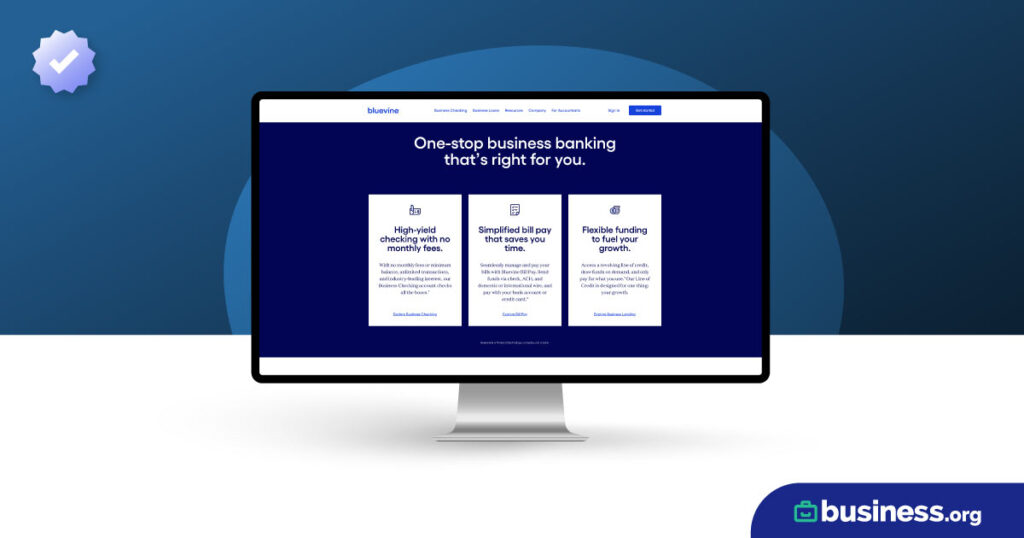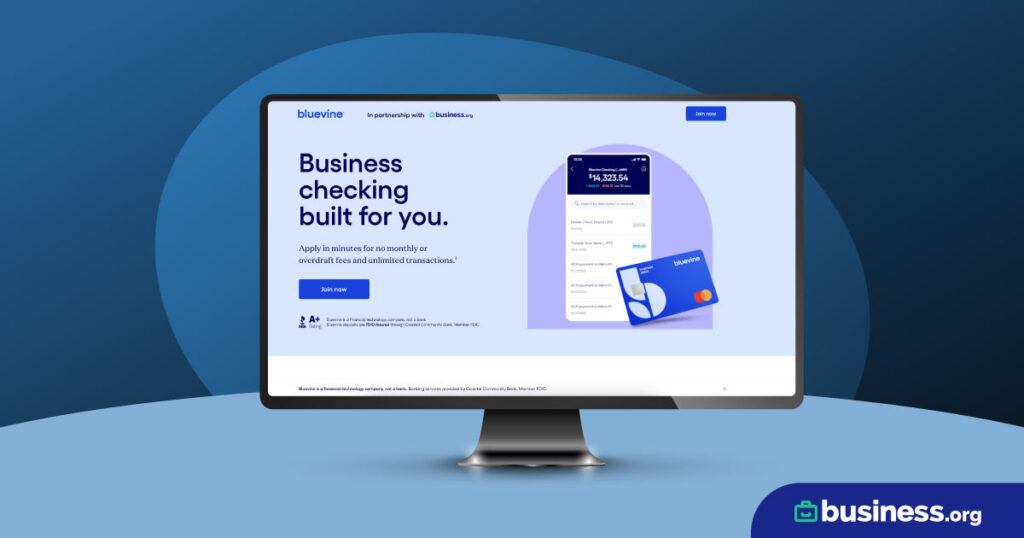We are committed to sharing unbiased reviews. Some of the links on our site are from our partners who compensate us. Read our editorial guidelines and advertising disclosure.
What’s the Difference Between Secured and Unsecured Small Business Credit Cards?
Both a secured and unsecured credit card can be an important tool for small business owners, allowing them to build credit and gain access to capital. However, there are some key differences between the two options—and knowing those differences can have a big impact on the purchasing power of any small business.
Let’s weigh the pros and cons of secured and unsecured credit cards to help you determine which type of credit is best for your business needs.
Table of contents
What is a secured business credit card?
A secured business credit card is a type of credit card that requires the cardholder to make a minimum deposit before use. This deposit acts as an added layer of security for the credit card company and is typically equal to the credit limit. Unlike unsecured credit cards, secured credit cards are available even to business owners who have a poor credit history.
Most secured business credit cards come with a deposit minimum of roughly $200, but the amount may vary depending on the credit card company.
What is an unsecured business credit card?
An unsecured business credit card is the most common type of credit card used by small business owners. This credit card doesn’t require the applicant to make a deposit or offer any other collateral. Once the credit card application is approved, the cardholder is free to make purchases using the revolving line of credit.
As the name implies, a business credit card entails greater risk—but only for the credit issuer, not for the cardholder. For this reason, unsecured business credit cards are reserved for business owners who have a solid credit history and good credit score.
The difference between secured and unsecured business credit cards
The main difference between secured and unsecured business credit cards is that a secured credit card requires a deposit, while an unsecured credit card does not. Otherwise, the cards both function as a line of credit that gives small business owners greater access to cash flow. Because of the security of the deposit, secured business credit cards are a better option for small business owners with a lower credit score.
By signing up I agree to the Terms of Use and Privacy Policy.
Pros and cons of a secured business credit card
Pros
Small business owners with a poor (or nonexistent) credit history may have a hard time getting approved for an unsecured business credit card, which is where secured business credit cards can come in handy. Fortunately, a secured business credit card allows even business owners with a bad credit score access to a line of credit.
Cons
However, this accessibility does come with a few disadvantages. Secured credit cards generally come with a much smaller credit limit, higher APR (annual percentage rate), and additional fees. Some secured credit cards don’t even report to credit bureaus, meaning business owners will lose the opportunity to build credit.
Pros and cons of an unsecured business credit card
Pros
Unsecured business credit cards are the most common, preferred type of credit card for small business owners. They come with a lower APR, higher credit limits, and more options than secured credit cards. Many unsecured credit cards have enticing reward programs and report more frequently to credit bureaus too. These benefits grant small business owners greater financial flexibility and spending power.
Cons
The main downside of unsecured business credit cards is that they’re only available to those with a good credit score. Because they present more risk for the creditor, credit card companies only issue unsecured credit cards to business owners who have proven that they will pay off their balance in a timely manner.

Want affordable banking with great perks? With Bluevine, you can get a fee-free business checking account―and you can even earn up to $5,000 in interest.
The takeaway
Secured and unsecured business cards function in the same way for the most part—the only difference is that a secured credit card requires a deposit, while an unsecured card does not.
A secured business credit card is typically the less desirable option, since these cards have low credit limits, high APR, and lack the rewards that many unsecured credit cards offer. However, for business owners with bad credit, or a short credit history, a secured business card may be the best way to gain access to capital and build credit.
Would you like to learn more about business credit cards? Check out 4 Best Secured Business Credit Cards for 2021.
Related content
Secured vs. unsecured business credit cards FAQ
What is the difference between a secured and unsecured credit card?
A secured credit card requires a security deposit, while an unsecured credit card doesn’t require any type of collateral—the cardholder can start spending right away.
Are business credit cards secured or unsecured?
Most business credit cards and personal credit cards are unsecured, meaning that the cardholder does not need to put down a deposit in order to start using the card. However, business owners who do not have a strong credit history may only be eligible for a secured credit card.
What are two downsides to getting a secured credit card?
Most secured credit cards come with lower credit limits that are based on the security deposit. For example, if a cardholder puts down a $500 deposit, their credit card limit is $500. Secured credit cards often have higher APRs than unsecured credit cards, meaning the cardholder will end up spending more money in interest when paying off an outstanding credit balance.
What are two reasons someone might want to open a secured credit card?
Secured credit cards are usually reserved for two types of small business owners: those who have a very short or nonexistent credit history and those who have a poor credit score. These business owners may otherwise be unable to obtain a business credit card, making a secured credit card the best way to establish credit.
Is secured credit easier to obtain than unsecured credit?
Most traditional business credit cards are unsecured—they don’t require an upfront deposit in order to use them. However, small business owners with a poor or nonexistent credit history may have an easier time obtaining a secured credit card than an unsecured credit card, since they are inherently less risky for credit card companies.
Disclaimer
At Business.org, our research is meant to offer general product and service recommendations. We don't guarantee that our suggestions will work best for each individual or business, so consider your unique needs when choosing products and services.




